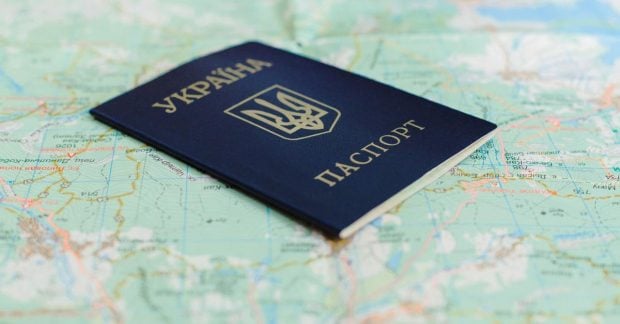The Brexit shortfall of EU workers has already been filled by staff from the rest of the world, official figures show.
Data from the Office for National Statistics (ONS) reveal that the rise in jobs filled by people from non-EU countries more than compensated for the drop in those occupied by EU workers.
While the number of payroll jobs held by EU nationals fell by six per cent (171,000), the number filled by non-EU nationals rose by nine per cent (186,300) in the two years to 2021, according to the ONS.
The biggest falls in EU-held jobs were in accommodation, such as hotels, and food services, where there was a 25 per cent drop (98,400).
Care homes saw the biggest increase in both UK workers and staff from the rest of the world as the sector sought to plug the gaps left by the departure of EU workers. There was a five per cent increase in UK workers (178,400) and a 19 per cent rise in non-EU nationals (178,400) in the two years to June 2021, said the ONS.
It said the trends were driven by both Brexit and Covid, which saw many businesses, particularly in the hospitality sector, shut down or lay off staff.
Migration from the EU to the UK last year went into reverse for the first time since 1991 as a net 94,000 EU nationals left the country during the Covid pandemic.
Increase in non-EU workers driven by health sector
Madeleine Sumption, the director of Oxford University’s Migration Observatory, said the figures confirmed that employment of EU migrants had not recovered to pre-pandemic levels by mid-2021.
“This will be in large part a result of the post-Brexit immigration system, which means that new EU citizens can no longer move to the UK to take up work in sectors that previously relied heavily on free movement, like hospitality and construction,” she added.
“Over the same period, employment of non-EU migrants increased. This isn’t necessarily a case of the same employers switching from EU to non-EU, though.
“The immigration system makes it difficult to do that, because many of the jobs that EU citizens were previously doing in large numbers don’t qualify for work visas at all. As a result, we mostly see different industries driving the increase in non-EU and the decrease in EU employment.
“In particular, the biggest decline in EU employment was in hospitality, where very few jobs are eligible for work visas, while the increase in non-EU workers by contrast was driven by the health sector.
“There is one case where we know from separate data that employers have switched from EU to non-EU workers to some extent – that is agriculture, where there is a dedicated low-wage visa open to non-EU citizens.”





